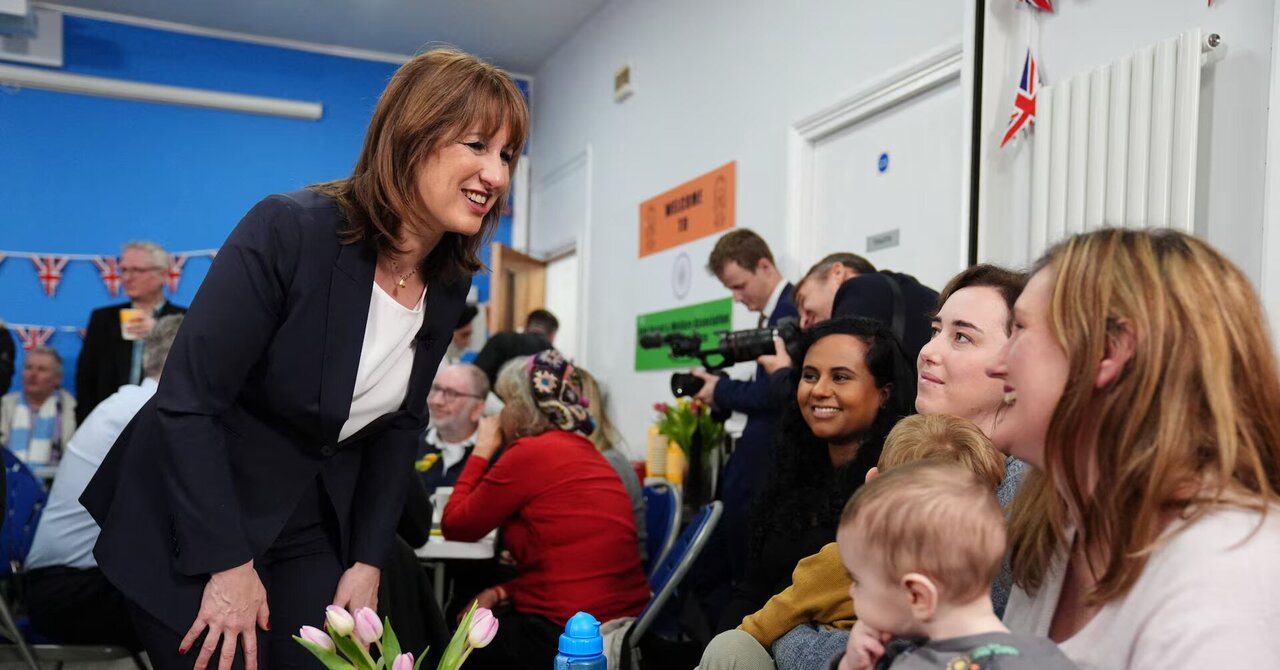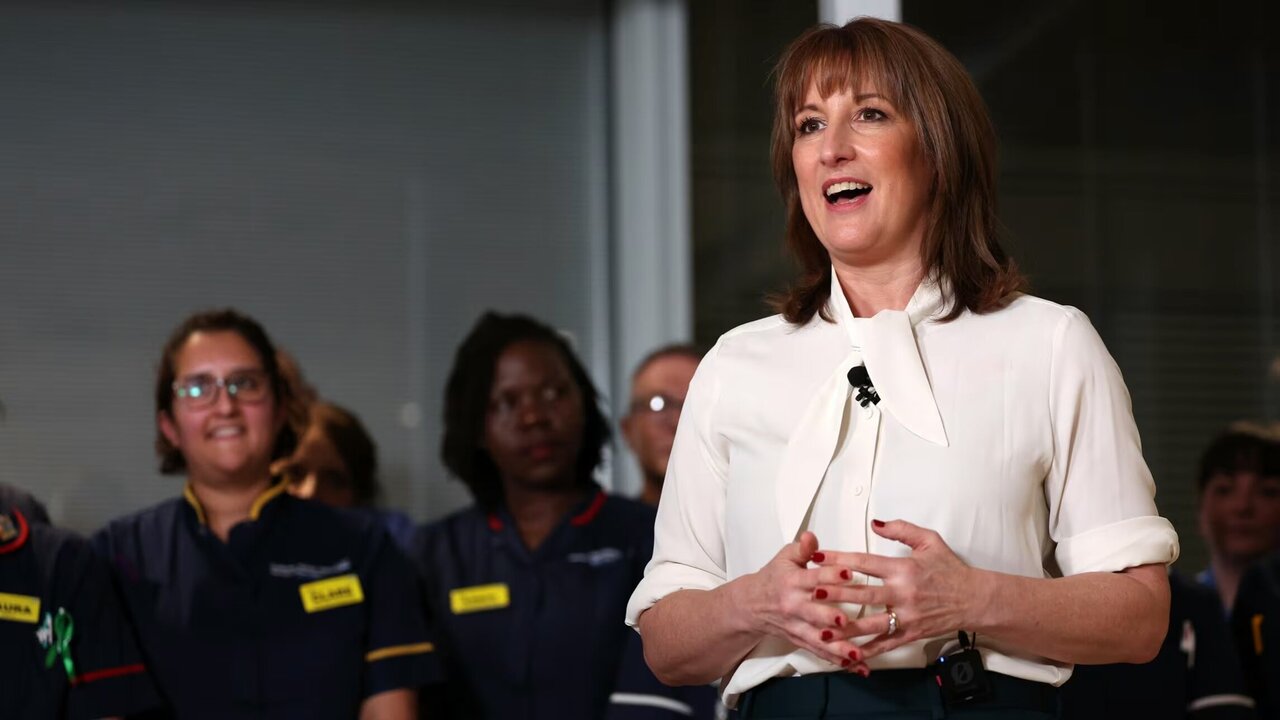Business Leaders Criticise Reeves as Budget Falls Short on Growth Ambitions
UK businesses warn that the 2025 Budget raises taxes without delivering the pro-growth measures they expected, while the government insists it has kept its manifesto promises.
Business leaders across the United Kingdom reacted sharply to the 2025 Budget presented by Chancellor Rachel Reeves, arguing that the government failed to offer a credible plan to revive economic growth.
The Budget, unveiled on November twenty-sixth, centred on raising approximately twenty-six billion pounds in new tax revenue while expanding welfare commitments and public spending.
Executives from retail, manufacturing, and small-business sectors warned that higher labour costs, increased business rates, and reduced tax reliefs could restrict hiring, suppress investment, and weaken the country’s competitiveness.
Analysts noted that references to growth and productivity were sparse throughout the Budget, in contrast with earlier fiscal plans that emphasised long-term expansion.
Several industry groups said the lack of incentives for innovation risked deterring investment at a time when the United Kingdom faces persistent stagnation and an increasingly competitive global market.
Retailers were among the most alarmed: changes to business rates could raise operating costs by as much as sixty-five percent for some, intensifying concerns about closures and job losses.
The government defended its approach, insisting that the Budget remained consistent with its election commitments.
Prime Minister Keir Starmer rejected claims that tax increases breached manifesto promises, arguing that additional contributions were necessary to stabilise public services after years of economic strain.
Chancellor Reeves acknowledged that some households and companies would pay more, yet maintained that the measures were essential to rebuild fiscal resilience, pointing to a projected twenty-two-billion-pound reserve designed to protect against future shocks.
Supporters of the Budget highlighted socially focused measures, including the abolition of the two-child benefit cap, which is expected to lift pressure from hundreds of thousands of families.
However, economists and business leaders remained divided, with many warning that redistribution without a parallel strategy for productivity could slow growth and deter entrepreneurship.
The debate underscores a widening gap between a government prioritising social investment and fiscal caution, and a business community calling for stronger incentives to drive innovation, productivity, and long-term economic expansion.
Whether the Budget becomes a foundation for renewal or a setback for growth will become clearer in the months ahead.
The Budget, unveiled on November twenty-sixth, centred on raising approximately twenty-six billion pounds in new tax revenue while expanding welfare commitments and public spending.
Executives from retail, manufacturing, and small-business sectors warned that higher labour costs, increased business rates, and reduced tax reliefs could restrict hiring, suppress investment, and weaken the country’s competitiveness.
Analysts noted that references to growth and productivity were sparse throughout the Budget, in contrast with earlier fiscal plans that emphasised long-term expansion.
Several industry groups said the lack of incentives for innovation risked deterring investment at a time when the United Kingdom faces persistent stagnation and an increasingly competitive global market.
Retailers were among the most alarmed: changes to business rates could raise operating costs by as much as sixty-five percent for some, intensifying concerns about closures and job losses.
The government defended its approach, insisting that the Budget remained consistent with its election commitments.
Prime Minister Keir Starmer rejected claims that tax increases breached manifesto promises, arguing that additional contributions were necessary to stabilise public services after years of economic strain.
Chancellor Reeves acknowledged that some households and companies would pay more, yet maintained that the measures were essential to rebuild fiscal resilience, pointing to a projected twenty-two-billion-pound reserve designed to protect against future shocks.
Supporters of the Budget highlighted socially focused measures, including the abolition of the two-child benefit cap, which is expected to lift pressure from hundreds of thousands of families.
However, economists and business leaders remained divided, with many warning that redistribution without a parallel strategy for productivity could slow growth and deter entrepreneurship.
The debate underscores a widening gap between a government prioritising social investment and fiscal caution, and a business community calling for stronger incentives to drive innovation, productivity, and long-term economic expansion.
Whether the Budget becomes a foundation for renewal or a setback for growth will become clearer in the months ahead.



